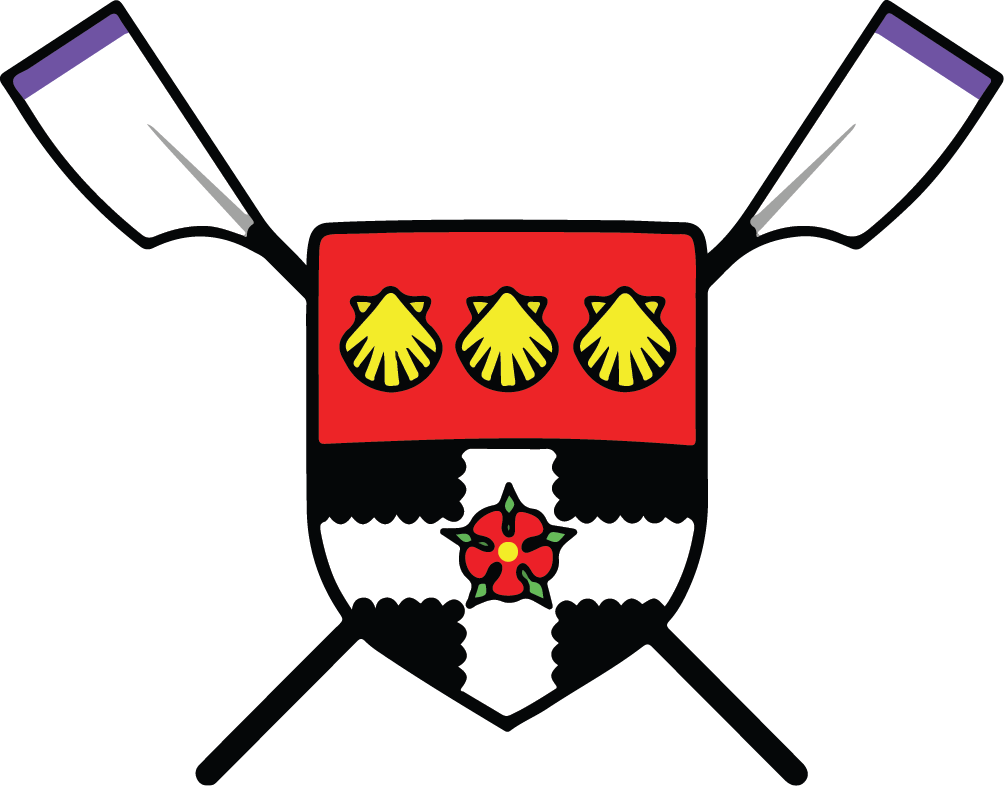Team Culture - with Will Rand
Will, Simon and Chris
Will Rand - With over 20 years coaching experience Will has seen a lot and has an eye for the bigger picture. We wanted to find out more about the culture that makes RUBC so special.
What is team culture?
Basically, culture is the way we do things. People’s beliefs, rules and understandings all shape the culture of the club. It is how people work together towards a common goal and how they treat each other.
Why is culture important?
It’s fascinating how some groups can add up to be greater than the sum of their parts, while others add up to be less. We’re searching to see how we can all be greater than the sum of our part at RUBC. A positive, supportive and open culture promotes a strong team. Good culture allows great things to happen.
What’s key to having a positive culture?
You have to start with communication. Communication has to be open and safe, and people have to understand each other. You’re aiming to have people call their club their “family” not just their colleagues or friends, and that only comes about when people feel they belong.
At the start of each season we get everyone to do a “personality type” test. This gives us all a better understanding of each other, recognise our strengths and weaknesses, and identifies people’s preferences around communication.
Aim to create opportunities for communication everywhere you can. At RUBC we don’t have set squads we coach. Chris, Simon and I are all involved in each squad, and that means we have to talk to each other and promote the same message. That takes a lot of interaction and it’s really productive. In the club house we dedicate a relatively large space to a relaxing area, and that means it’s easy for the rowers to chat and connect with each other between sessions. Again it’s a really productive space for encouraging communication.
Once you have good, open communication you need a clear shared purpose. With sports teams this is generally fairly apparent (win the trophy, or similar), but you should be explicit with your goals. You need to be super clear with your collective purpose and take every opportunity to promote your priorities. We only scull, so it makes our purpose even clearer than most rowing clubs. We’re focused, and everyone knows what we’re aiming for. Establishing some core values can be a great exercise to provide a framework for your culture
Does recruitment impact culture?
Definitely. You want people to join your team that share your values, beliefs and aim. You can integrate people into your culture by rewarding the behaviours you want to see and discourages the behaviors you don’t. Clearly communicating at each step means that people can feel involved, motivated and driven.
Do you need to manage the culture?
If you think of the culture as being like the water in a fish tank. When all’s going well, the water is clean and at the right temperature, the fish are happy and don’t even notice the water. If the filter breaks and the water’s not cleaned or warmed up then the fish get more and more uncomfortable, the water becomes toxic. Managing the culture is like keeping the filter in good working order and having a positive environment for a productive, happy and successful team. I’ve learned over the years there are so many tiny decisions that have big impacts on the culture. It takes a lot of thought and one of the best ways to get to the solution is to chat things through with the other club members, again communication is key!
Any other tips on creating a positive culture?
Using catchphrases and artifacts can be a regular reminder of what the team stands for and the shared purpose. These help many teams and are common, such as the club colours, crest or logo. You might have a mascot or similar that expresses what the team is about. These can be strong cultural enhancers. #GoClams ✊
Strong team culture at RUBC



